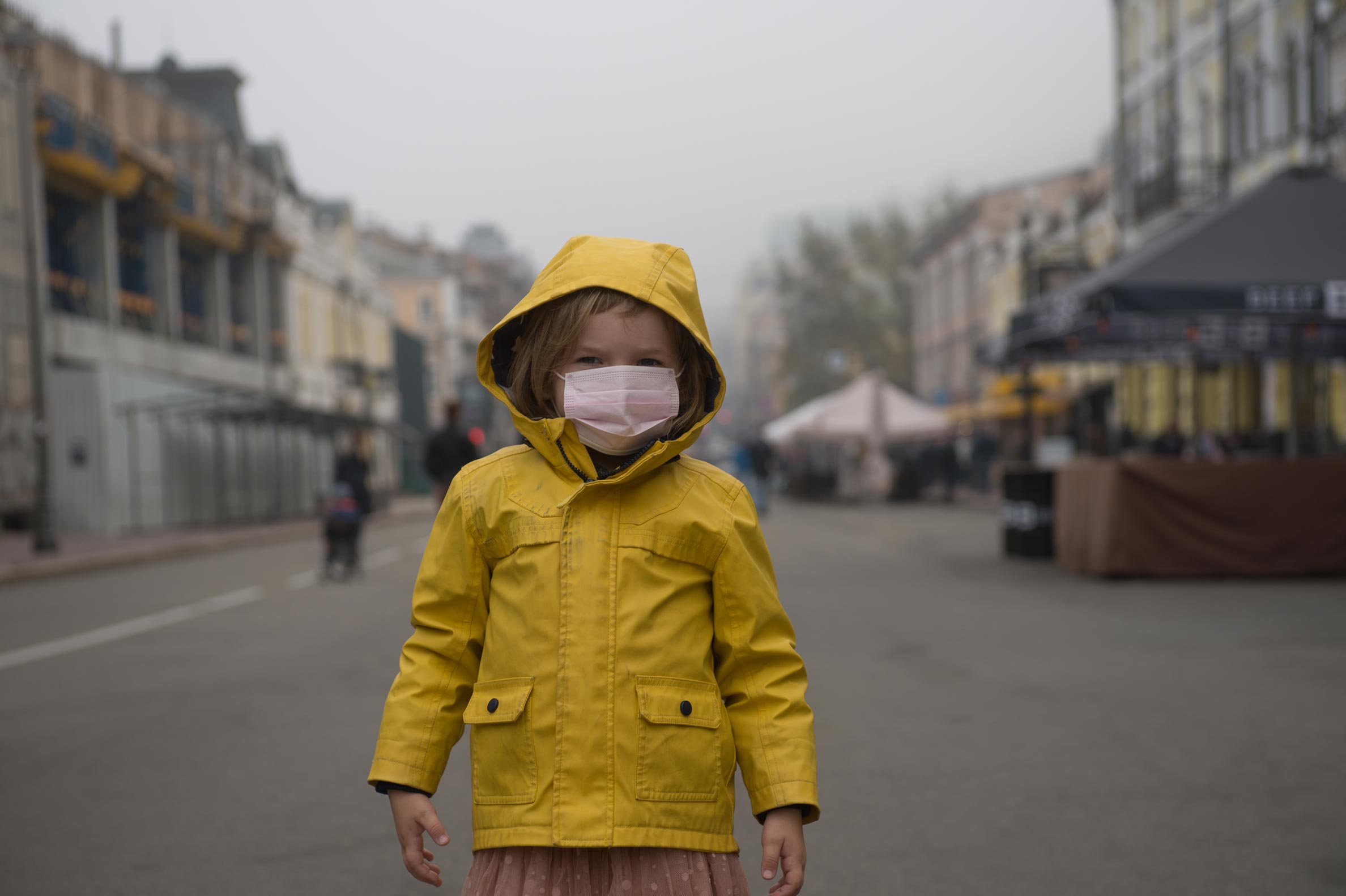Coronavirus: nine reasons to be reassured

The coronavirus epidemic plainly poses an exceptionally serious global problem: in a few short weeks, it has spread from China to more than 80 countries, infecting more than 100,000 people so far and causing more than 3,400 deaths.
But as we are hit with minute-by-minute updates from around the world, experiencing the advance of Covid-19 in real time – news alerts, huge headlines, social media hysteria – there’s a risk that we might lose some essential context.
Yes, this virus is obviously a massive challenge: medical, political and – perhaps most strikingly at present – social and economic. But it is worth remembering the world has never had better tools to fight it, and that if we are infected, we are unlikely to die from it.
Here, courtesy of a number of scientists but mainly Ignacio López-Goñi, a professor of microbiology and virology at the University of Navarra in Spain, are what might hopefully prove a few reassuring facts about the new coronavirus:
- We know what it is. As López-Goñi wrote for the Conversation France, the virus causing cases of severe pneumonia in Wuhan was identified within seven days of the official announcement on 31 December, and, three days after that, the gene sequence was available. HIV, by contrast, took two years to identify after it first appeared in mid-1981, López-Goni noted. We also know the virus is natural, that it is related to a virus found in bats, and that it can mutate, but does not appear to do so very often.
- We can test for it. By 13 January – three days after the gene sequence was published – a reliable test was available, developed by scientists at the department of virology at Berlin’s Charité university hospital with help from experts in Rotterdam, London and Hong Kong.
- We know it can be contained (albeit at considerable cost). China’s draconian quarantine and containment measures appear to be working. On Thursday 120 new cases were reported in Wuhan, the lowest figure for six weeks, and, for the first time since the start of the outbreak, none at all in the rest of Hubei province. Several Chinese provinces have had no new cases for a fortnight and more are reopening their schools. In many countries, infections are in defined clusters, which should allow them to be more readily contained.
- Catching it is not that easy (if we are careful) and we can kill it quite easily (provided we try). Frequent, careful hand washing, as we now all know, is the most effective way to stop the virus being transmitted, while a solution of ethanol, a solution of hydrogen peroxide or a solution of bleach will disinfect surfaces. To be considered at high risk of catching the coronavirus you need to live with, or have direct physical contact with, someone infected, be coughed or sneezed on by them (or pick up a used tissue), or be in face-to-face contact, within two metres, for more than 15 minutes. We’re not talking about passing someone in the street.
- Hundreds of scientific articles have already been written about it. Type Covid-19 or Sars-19 into the search engine of the US national library of medicine’s PubMed website and you will find, barely five weeks after the emergence of the virus, 539 references to papers about it, dealing with vaccines, therapies, epidemiology, diagnosis and clinical practice. That’s an exponentially faster publication rate than during the Sars epidemic, López-Goñi notes – and most publications’ coronavirus articles are free to access.
- Vaccine prototypes exist. Commercial pharmaceutical and biotechnology labs such as Moderna, Inovio, Sanofi and Novavax, as well as academic groups such as one at the University of Queensland in Australia – many of which were already working on vaccines for similar Sars-related viruses – have preventive vaccine prototypes in development, some of which will soon be ready for human testing (although their efficacy and safety will of course take time to establish).
Dozens of treatments are already being tested. By mid-February, more than 80 clinical trials were under way for antiviral treatments, according to Nature magazine, and most have already been used successfully in treating other illnesses. Drugs such as remdesivir (Ebola, Sars), chloroquine (malaria), lopinavir and ritonavir (HIV), and baricitinib (rheumatoid polyarthritis) are all being trialled on patients who have contracted the coronavirus, some as a result of the application of artificial intelligence.
Tags
Related Posts
Why are teachers’ faces covered in stickers? To get kids engaged in remote school
Diane Moon tried everything she could think of to get her students to participate in virtual learning: random name calls, breakout rooms, competitions for extra credit, movement breaks….
December 10, 2020Remote school is leaving children sad and angry
Her mother and sister rush in and ask what went wrong. Did the Internet go out again? Is her computer plugged in? Is the math too confusing? Sophia can’t really answer. …
November 28, 2020


